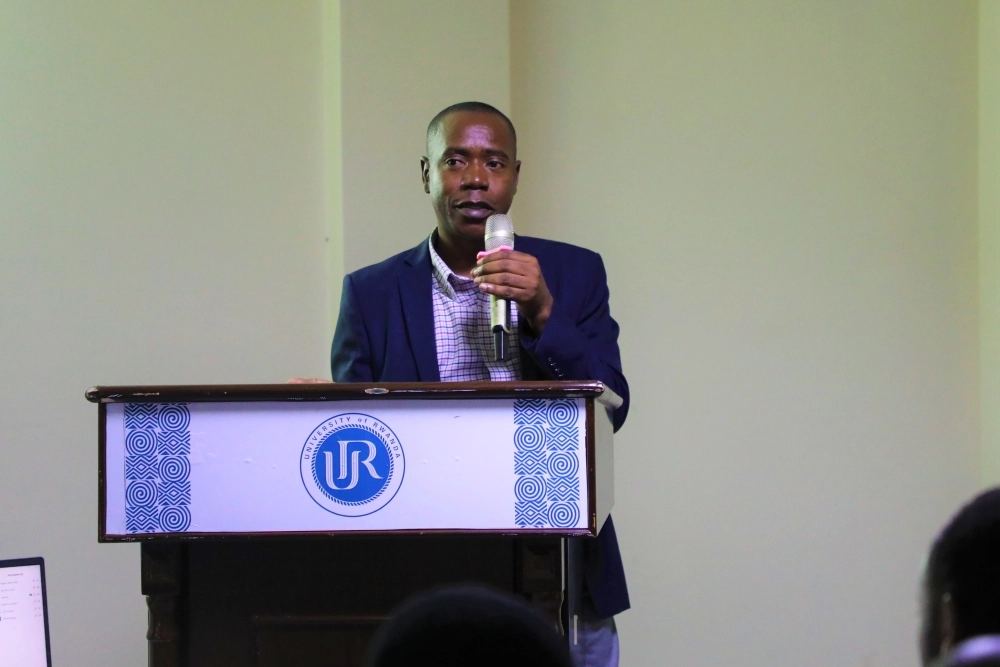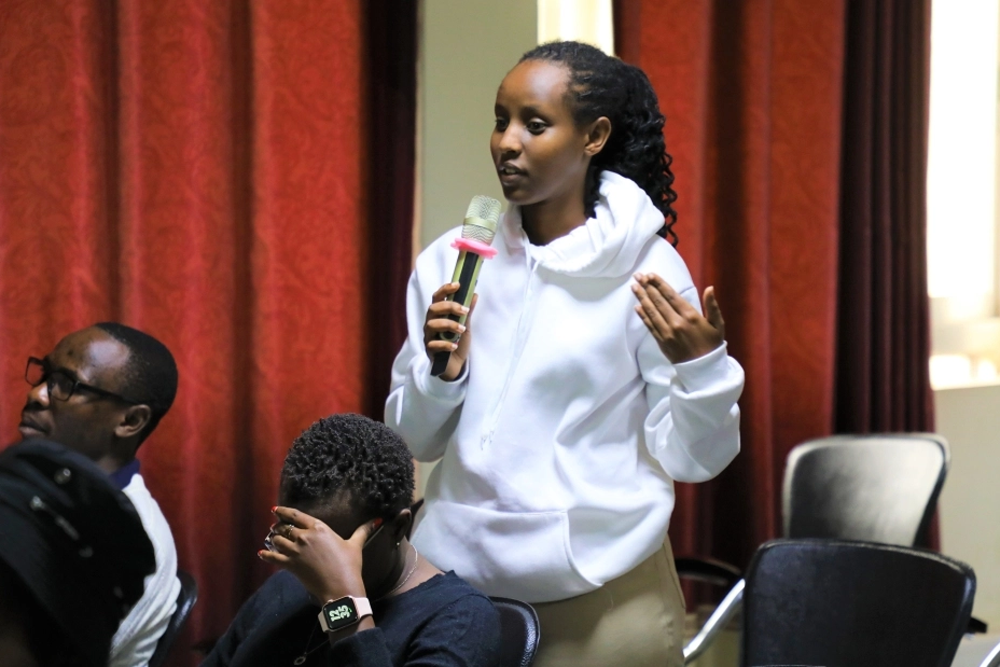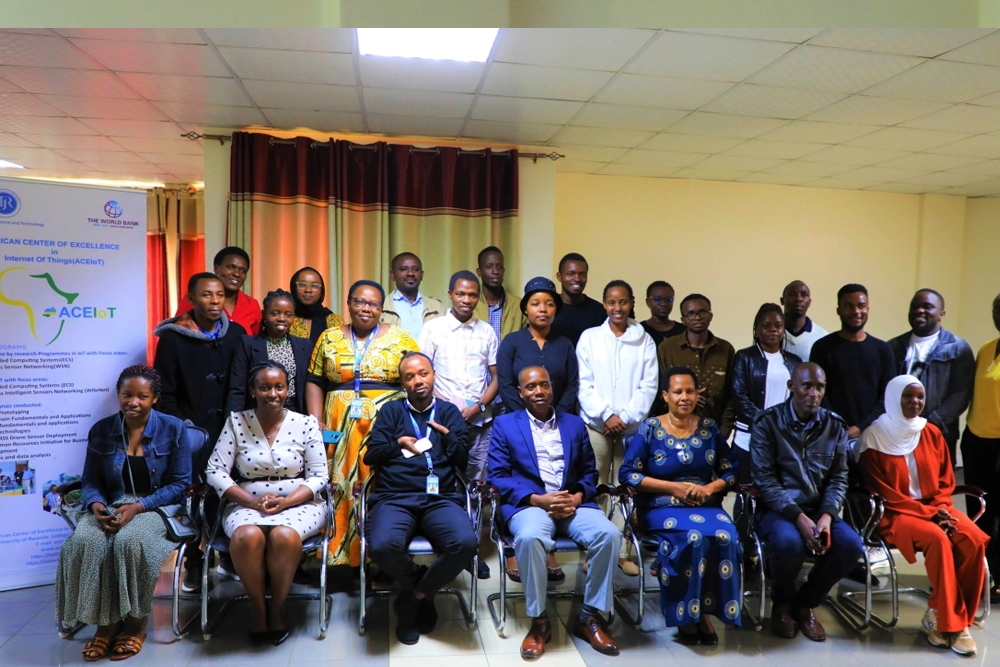ACEIoT launches incubator project to promote AI
The African Center of Excellence in Internet of Things (ACEIoT) launched ‘IoT and AI Applied Research Results Commercialization through Incubation Hub’ project on January 24, following a $326,000 grant secured to implement it.
The project aims at establishing an Internet of Things (IoT) and Artificial Intelligence (AI) based applied research incubator which is expected to facilitate the transfer of applied research prototypes and knowledge from IoT lab to market and commercialization through academia-industry collaboration.
IoT refers to physical devices around the world that are connected to the internet, all collecting and sharing data. AI refers to the simulation of human intelligence in machines that are programmed to think and act like humans.
According to Assoc. Prof. Damien Hanyurwimfura, Acting Director of ACEIoT and Project Investigator the Center as well as UR in general have realized that different research that was done by their students was remaining in the school instead of being implemented in the community to solve different challenges, hence the need for the project to connect the students with industry.
He said that through the project, they aim to train 40 students; 20 for the first cohort and the rest for the second.
“Among them,” he added, “33 per cent will be females, 30 per cent will be youth and 13 per cent will be persons with disabilities. The students will be on the level of undergraduate and masters.”
Hanyurwimfura also noted that the $326,000 grant secured for the project will be used to buy equipment for the incubation hub and help the trainees to develop their AI and IoT based solutions and avail them on the market.
He declared that the project, which is funded by Research and Innovation Systems for Africa (RISA), a program of the UK Foreign, Commonwealth, and Development Office that aims to strengthen the research and innovation ecosystem in Africa, will see 24 prototypes developed and eight solutions commercialized, ready to respond to problems society has, especially in agriculture.
Hanyurwimfura also disclosed that the project will run for a year, adding that they plan to submit other two projects to sustain it in the long term before it ends.
Gender equality and social inclusion (GESI) is one of the important key performance indicators (KPI) to be considered in the project.
GESI beneficiaries who will be enrolled in the project represent 76 per cent – the reason why the launch of the project was comingled with a GESI awareness workshop.
According to Christine Musanase, a lecturer at the University of Rwanda who is in charge of GESI for the project, the reason why they included GESI part is that they found out that some people were excluded in the STEM sector.
Those, she explained, include women, persons with disabilities as well as youth.
Tackling women involvement in the project, 33 per cent, Musanase said they are working with a stakeholder who will coach women beneficiaries, helping them to embrace their capabilities, boost their confidence and increase their participation.
“Through the awareness workshop, we raised awareness about GESI and spread information”, asserted Musanase.
The project will be implemented through collaboration with NARADA Electronic( https://naradaelectronics.rw/), FabLab( https://www.fablabs.io/labs/FabLabRwanda) and KEEP from KNUST (https://keep.knust.edu.gh/), ICT chamber and other stakeholders who have interest in the project.




